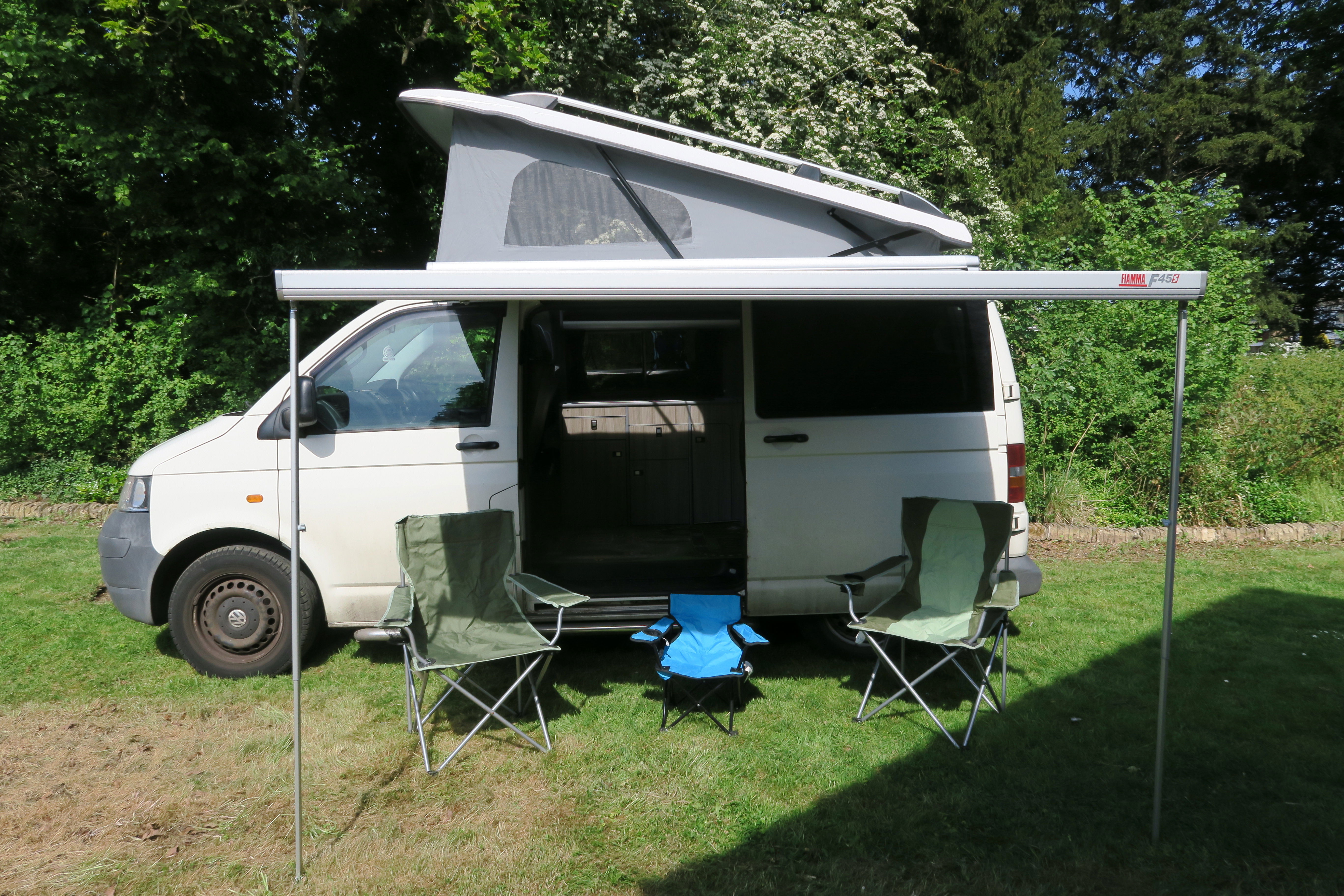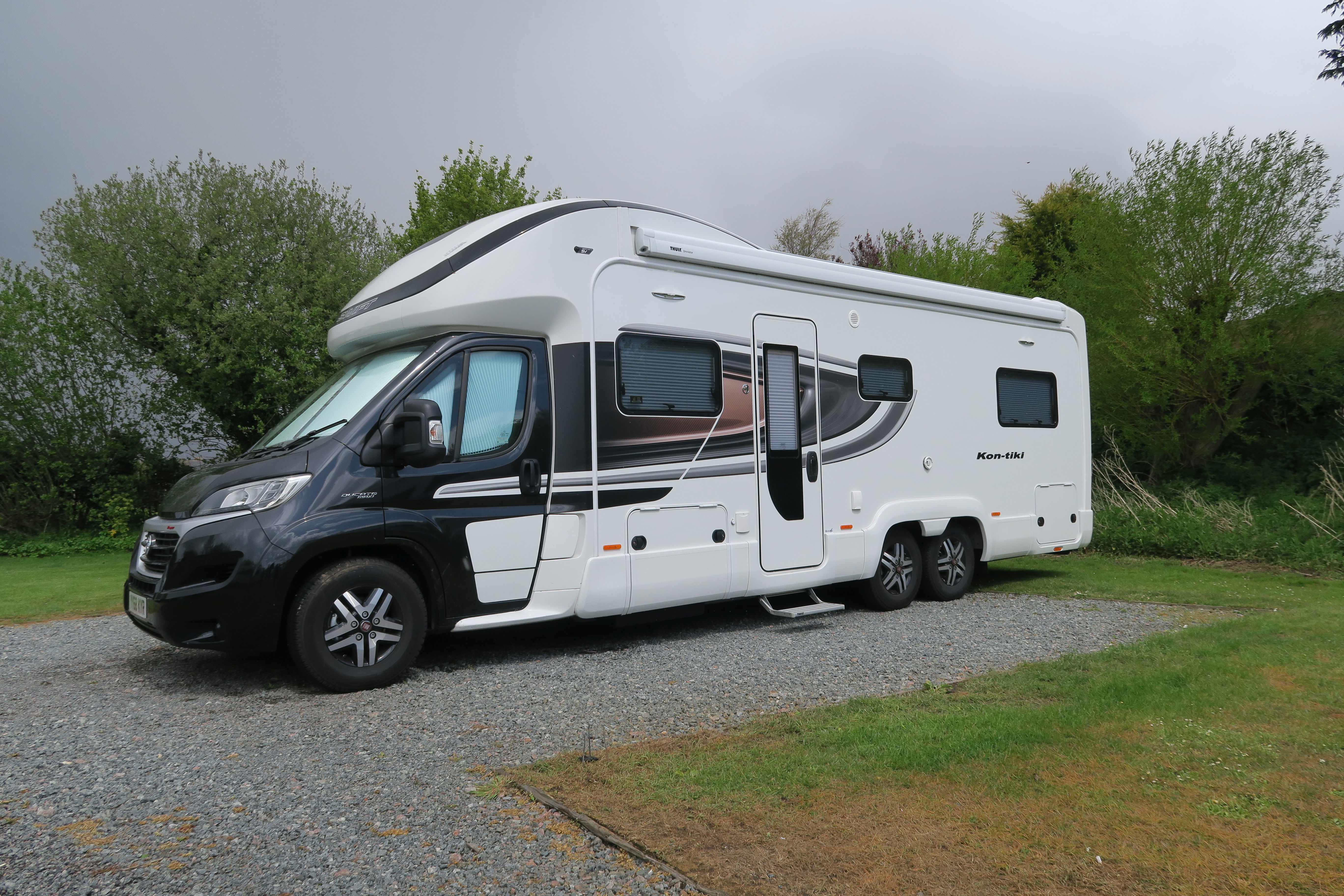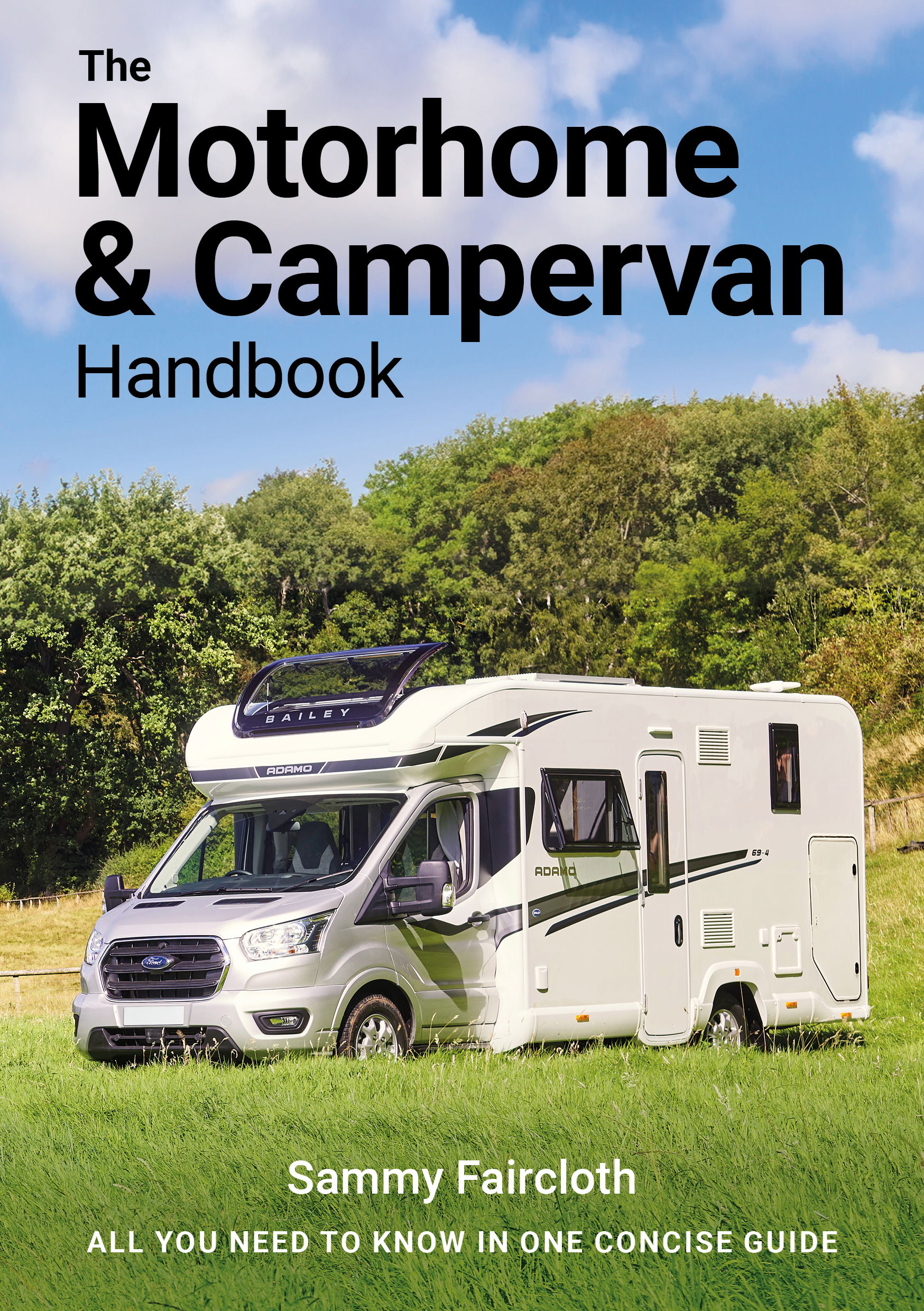What is the difference between a Motorhome and a Campervan?
In the UK, the terms ‘motorhome’, 'campervan', and ‘motor caravan’ are frequently used interchangeably. Both describe a vehicle that provides transportation and living accommodation, making them ideal for life on the road. However, while these terms may seem synonymous, there are some distinctions in how they are used, especially in official documentation versus everyday language. The term ‘motor caravan’ is the official designation used by the Driver and Vehicle Licensing Agency (DVLA) in Registration Certificates and other legal documents. This term defines any vehicle that has been converted for use as living quarters. However, despite its official status, ‘motorhome’ is far more commonly used in everyday conversations, advertisements, and marketing. The key thing to remember is that both ‘motorhome’ and ‘motor caravan’ refer to the same type of vehicle—one designed to offer both transport and living accommodation.
Within the broader classification of leisure vehicles, motorhomes can take various forms, including campervans and van conversions. These types of vehicles offer occupants all the necessary amenities for living on the road, albeit typically in a more compact and versatile framework. Therefore, you’ll often see the term ‘motorhome’ used to describe these various types of vehicles. To add further complexity, terms like ‘leisure vehicle’, ‘recreational vehicle (RV)’, and ‘motor coach’ are also used in certain regions or contexts to describe what are essentially motorhomes. However, in the UK, motorhome remains the most widely recognised and understood term for these vehicles.
Motorhomes generally fall into two main categories, based on their construction. While there are always a few outliers that don’t fit neatly into either classification, the majority of motorhomes fall into one of these two groups:
1. Van conversions: This type of motorhome starts its life as a panel van, multi-purpose vehicle (MPV), or a van equipped with factory-fitted side windows. These vehicles are then fitted out with essential appliances, furniture, and comfort items, transforming them into functional, mobile living spaces. The term ‘van conversion’ is widely used to describe these vehicles, though many people prefer to call them ‘campervans’ or simply ‘campers’. They offer a more compact, versatile option for travellers who want a motorhome experience without the bulk of a larger vehicle.

2. Coachbuilt motorhomes: These motorhomes are built on a base vehicle, which typically includes an engine and chassis. Some base vehicles come with a cab, while others do not. On top of these base structures, a coachbuilt living enclosure is mounted, creating a more spacious motorhome with all the comforts of home.

In summary, whether you prefer to use the term motorhome, motor caravan or campervan, all refer to the same category of vehicle. These vehicles can range from compact campervans to larger coachbuilt models, all designed to offer the freedom to travel and live comfortably on the road.
The Motorhome and Campervan Handbook (traveltouringandtrips.co.uk) - Coming Soon!
